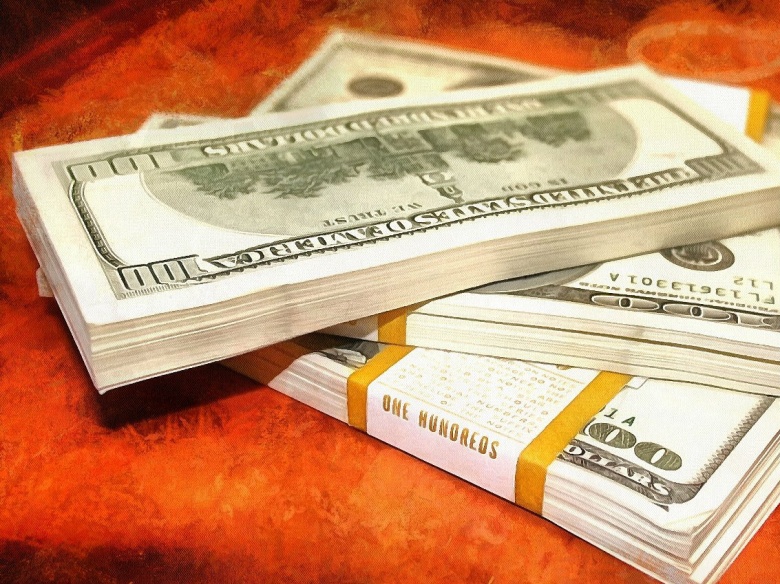- Nigeria Spends 34% of Revenue on Debt Servicing – DMO
Nigeria spends 34 per cent of its revenues on debt servicing, the Debt Management Office has said.
In a clarification on the country’s debt status entitled: ‘Nigeria’s Public Debt – Some Recurring Issues’, the DMO contradicted reports that the country was spending as much as 60 to 70 per cent of its revenues on debt servicing.
According to the agency, as of June 2017, Nigeria’s spending on debt servicing stood at 34.02 per cent of revenue, up from 33.94 per cent recorded as of December 31, 2016.
The DMO said, “While the debt service to revenue ratio was 33.94 per cent as of December 31, 2016 and 34.02 per cent by June 30, 2017, the government is conscious of the need to bring this ratio to a much lower level in order to make financial resources available for priority projects.
“Indeed, this explains why the government has been making conscious efforts to increase the revenue base through initiatives for improving collection by the Federal Inland Revenue Services, the Nigeria Customs Service as well as the Voluntary Assets and Income Declaration Scheme.”
The DMO did not give the raw revenue and debt servicing data from which it computed the ratio. However, our correspondent gathered that the country spent a total of N1.24tn on domestic debt servicing in the first nine months of 2017.
Similarly, the country spent a total of $383.45m on servicing external debts in the first nine months of the year.
At the official rate of N305 per dollar, this translates to N116.95bn for foreign debt servicing and N1.36tn for total debt servicing in the first nine months of the past year.
Going by a debt servicing ratio of 34.02 per cent, this means that the country must have earned a total of N3.99tn in the first nine months of the year.
The Minister of Budget and National Planning, Senator Udo Udoma, had during the public presentation of the 2018 budget, said oil revenue and the NCS performed according to their respective targets for 2017.
Udoma stated that the sum of N1.6tn was earned from oil between January and September, while revenue generated by the Customs was N207bn out of the N208.17bn prorated as of the end of September.
This, he noted, was a revenue performance of 99 per cent for the NCS.
He put collections from Companies Income Tax and Value Added Tax at N407.59bn and N95.57bn, respectively, adding that the figures implied revenue performance of 67 per cent and 53 per cent, respectively of the prorated budget.
The minister, however, lamented that independent revenue did not perform according to target as only N155.14bn, which was just 20 per cent of the target, was remitted by agencies of government.
He said as a result of the poor performance of its agencies, the Federal Government was considering a review of their operational efficiency to make them more fiscally responsible.

 Forex2 weeks ago
Forex2 weeks ago


 Naira1 week ago
Naira1 week ago
 Naira4 weeks ago
Naira4 weeks ago
 Company News4 weeks ago
Company News4 weeks ago




 Naira2 weeks ago
Naira2 weeks ago
 Billionaire Watch1 week ago
Billionaire Watch1 week ago




 Naira1 week ago
Naira1 week ago




 Naira3 weeks ago
Naira3 weeks ago





















